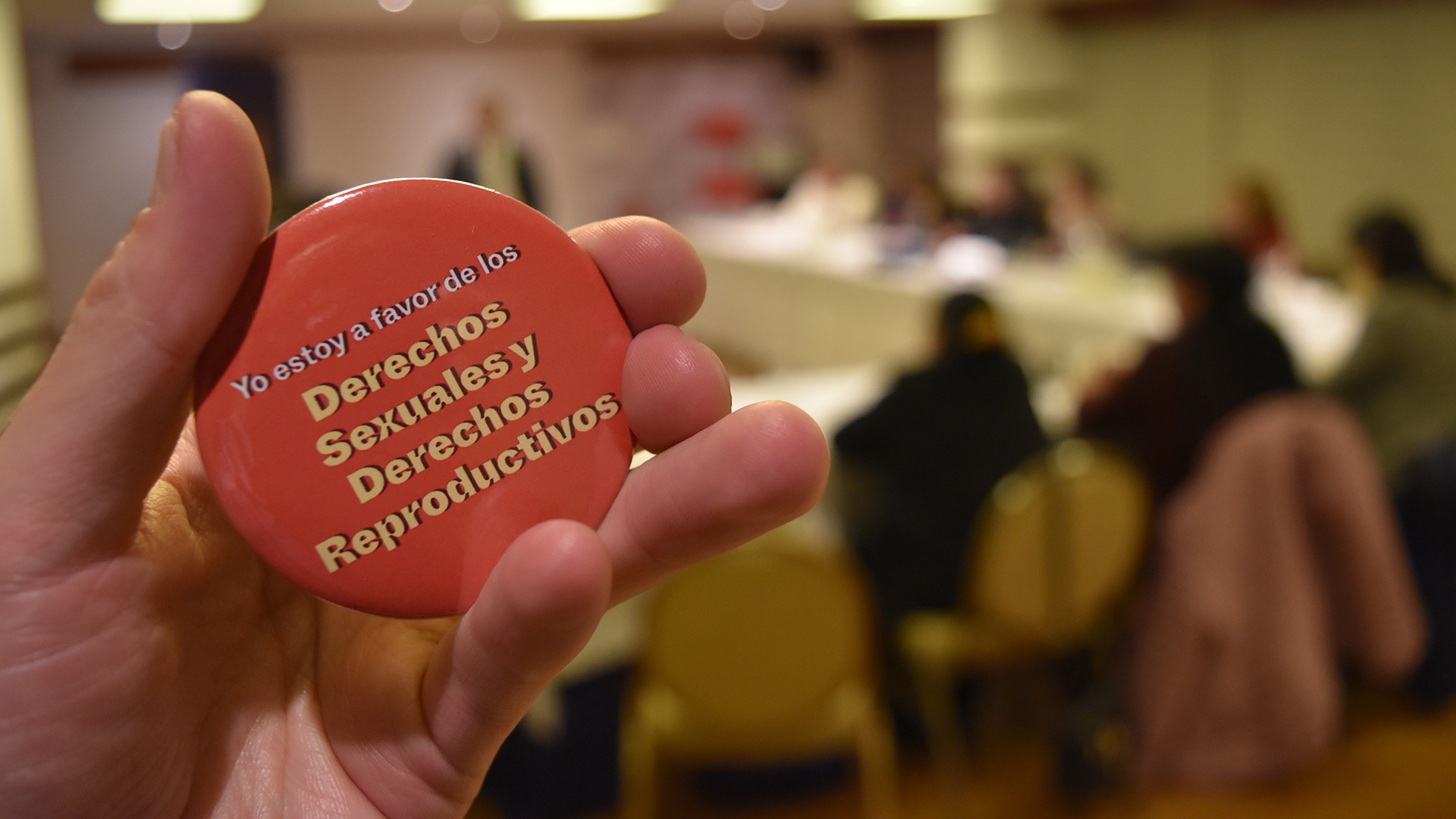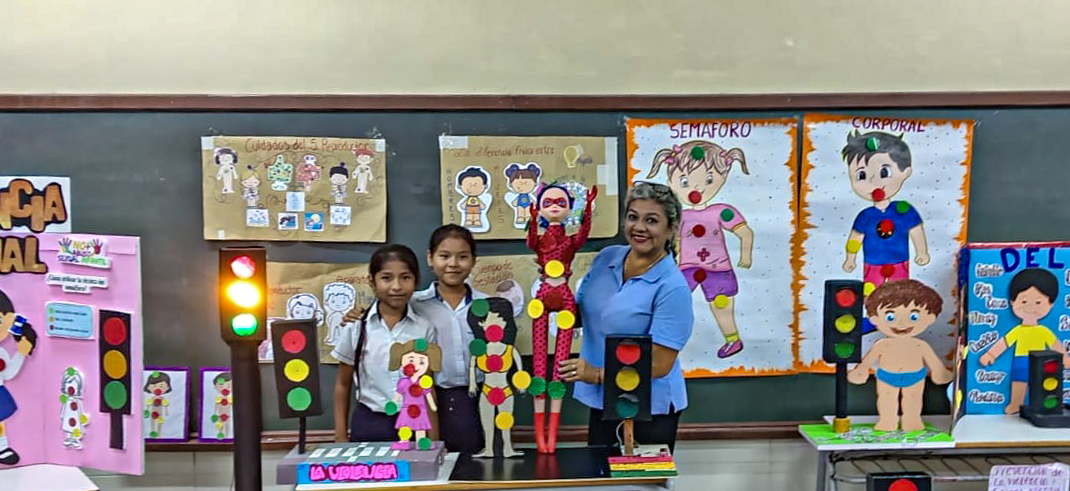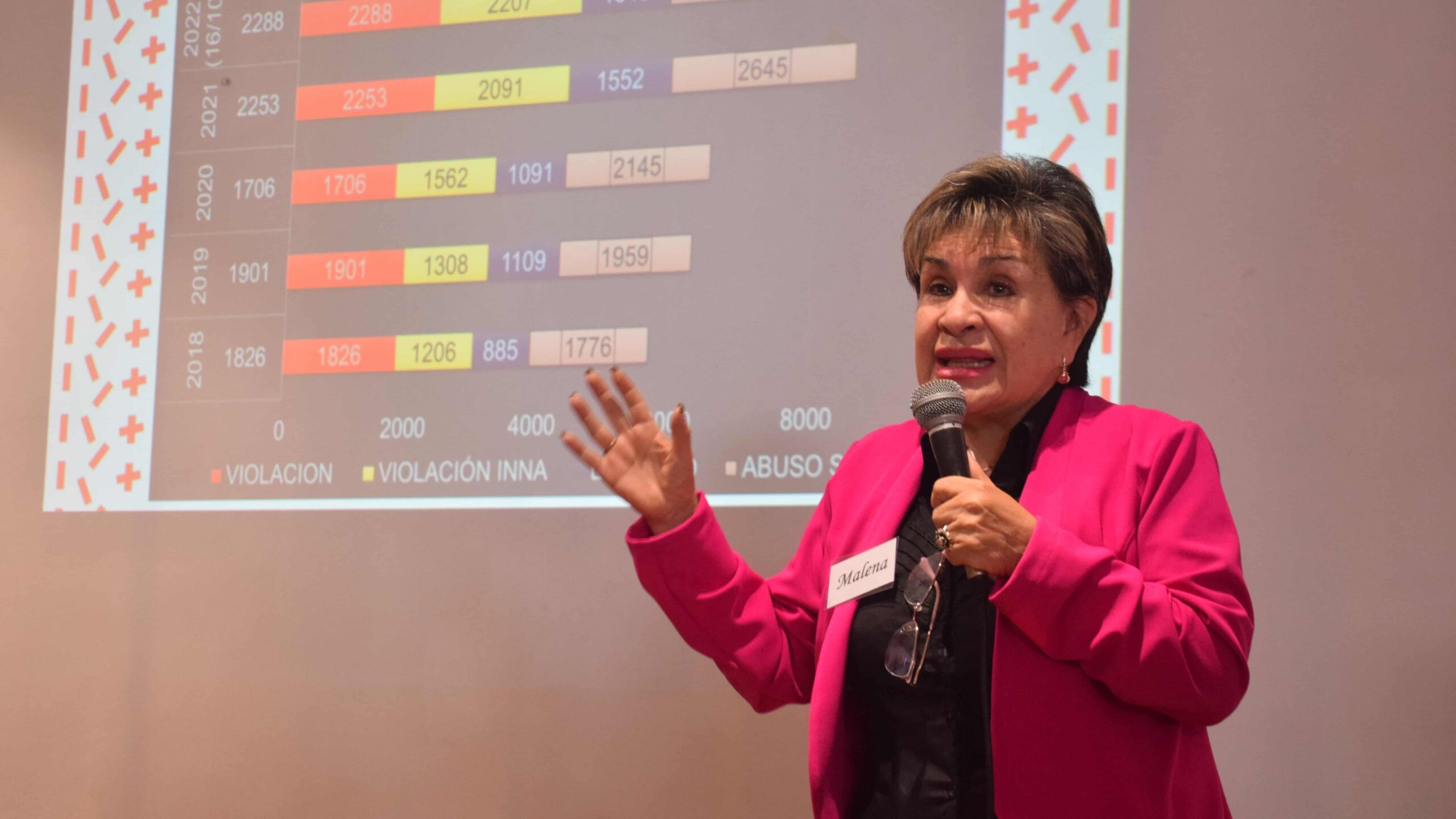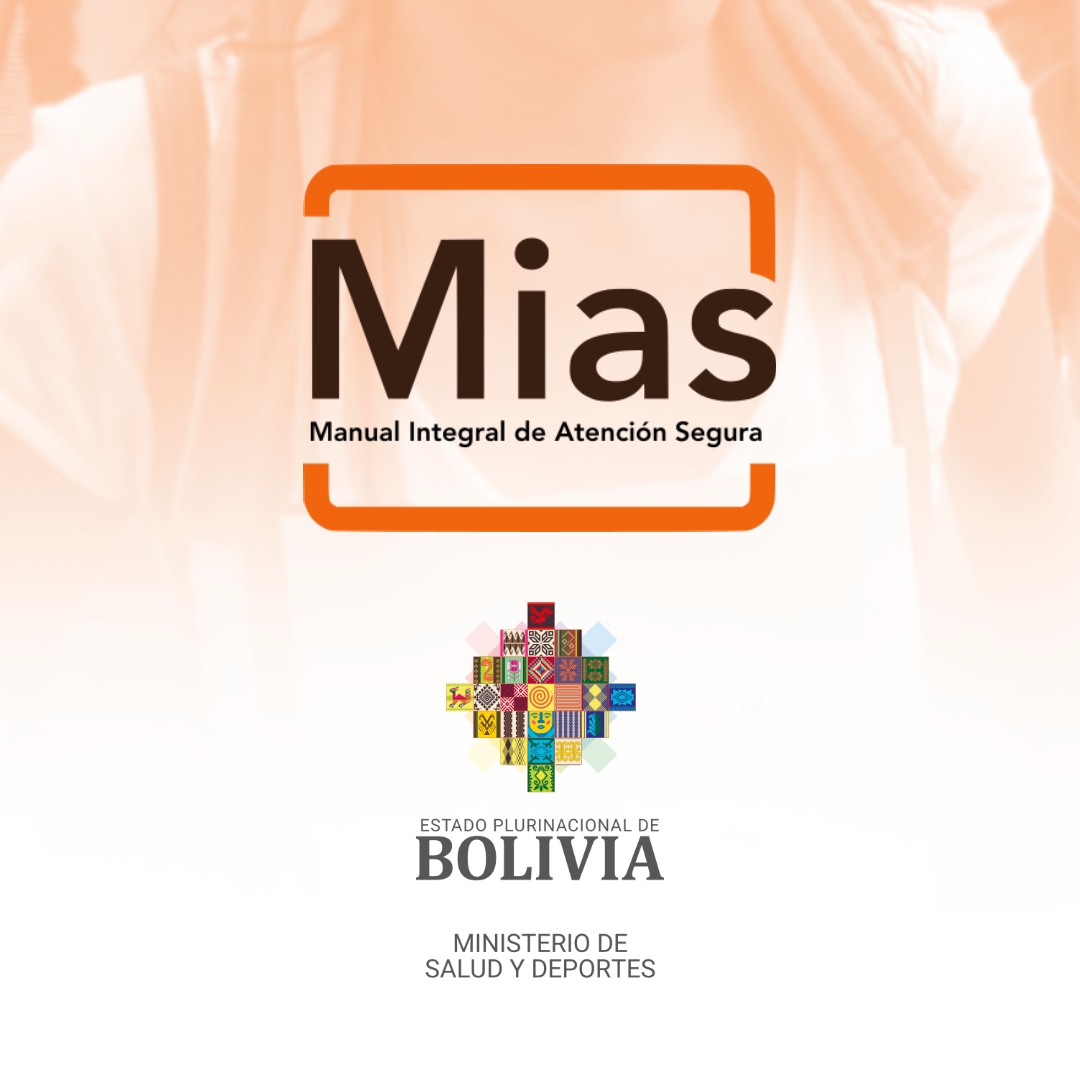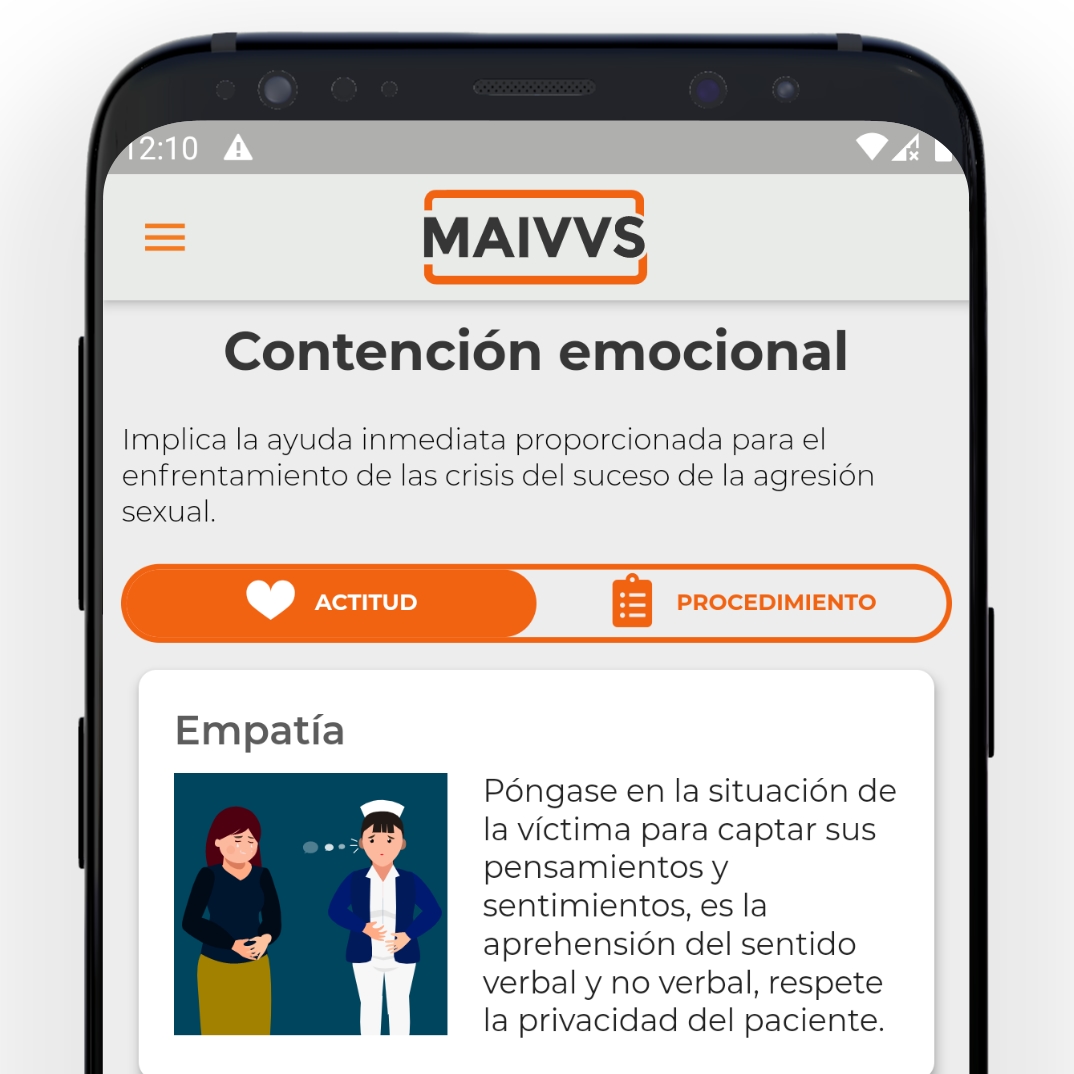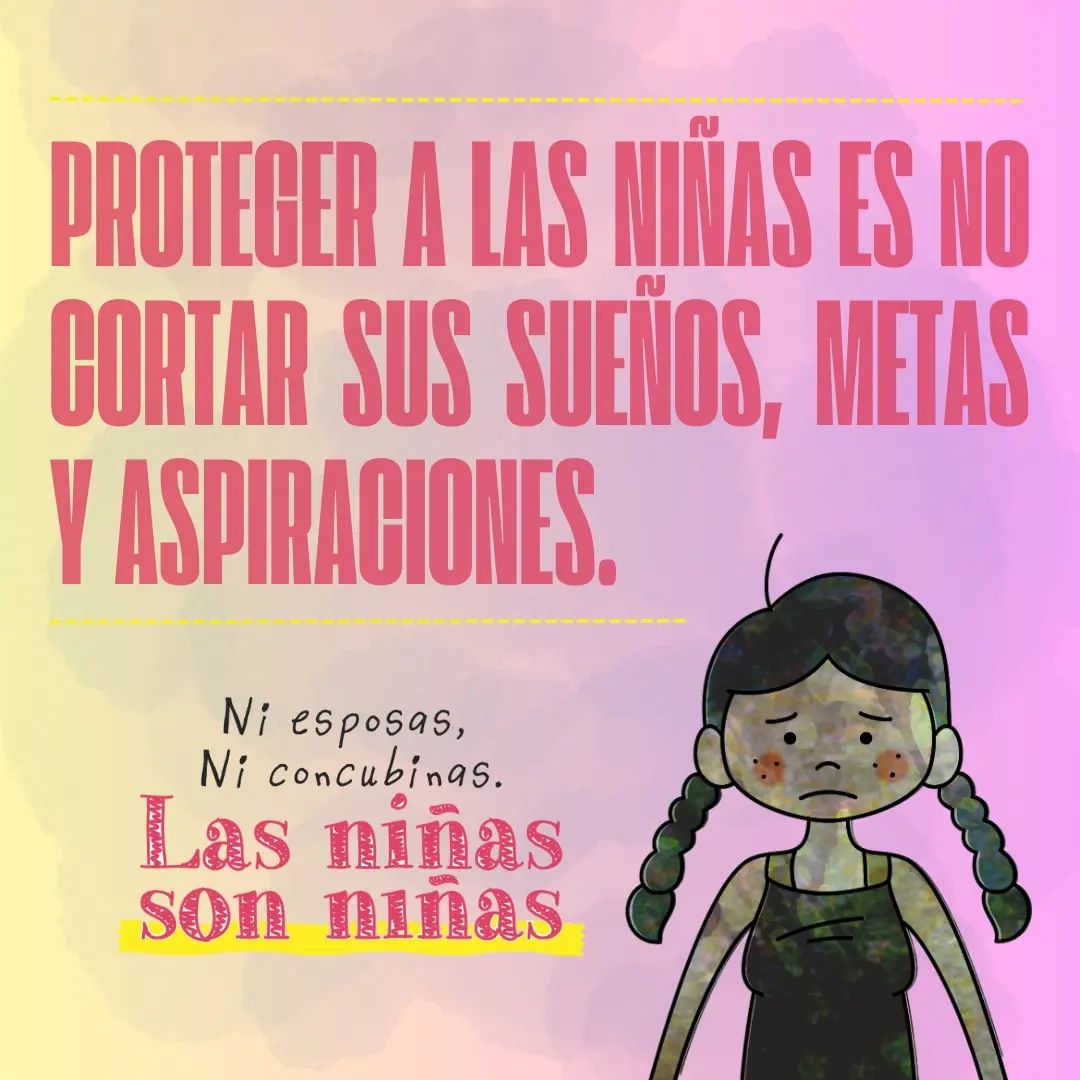Bolivia faces a high rate of obstetric violence that puts the health and dignity of thousands of women at risk. With one of the highest maternal mortality rates in Latin America, 59.8% of Bolivian women also face mistreatment and discrimination during pregnancy, childbirth or postpartum.
According to a national study on obstetric violence in November 2023, conducted by the Observatory of Obstetric Violence in Bolivia (OVO Bolivia) and Ciudadanía, 6 out of 10 women have experienced obstetric violence in public centers, in addition to the fact that 50% of deliveries are performed by cesarean section, well above the 15% recommended by the WHO, data that show a worrying normalization of these practices.
The study also shows that psychological violence in health care is the most frequent, being committed mainly by doctors (36%) and nurses (57%). More than 3 million women in Bolivia have been victims at some point in their lives.
This coincides with the testimonies collected in our documentary Gritar en Silencio, Amukim Jan Arnakaña, which exposes obstetric violence in Bolivia and the urgent need to change this reality (https://youtu.be/_EvIrXsa8-k?si=723BROsksWqVjKu8).
High teenage pregnancy rates in Bolivia impede the full development and future of this population.
In 2023, 32,660 adolescents became pregnant in Bolivia, according to the Ministry of Health and Sports. Although the numbers have dropped in the last nine years, the problem remains serious. It is urgent to continue with initiatives that protect the rights of adolescent girls.
In addition, Bolivia faces a serious public health crisis related to adolescent motherhood. The country ranks third in Latin America in adolescent maternal mortality, a situation that affects thousands of girls and adolescents, according to UNFPA, and highlights the deep gaps in access to comprehensive sexual education, health services and protection of rights.
According to the same report, pregnancies occur at very young ages, often without any legal protection. Pregnant adolescents tend to have little schooling and most of them face motherhood alone. Lack of support aggravates their situation.
According to the Ombudsman’s report “Sueños Interrumpidos” (Interrupted Dreams), many girls and adolescents drop out of school or migrate to cities to work, leaving their babies with their families. They also suffer discrimination in their communities, in the education system and in health care. Only after childbirth does social rejection diminish.

